W4 had the honor of sitting down with Lensational, an international social enterprise that seeks to empower women and girls through the power of photography.
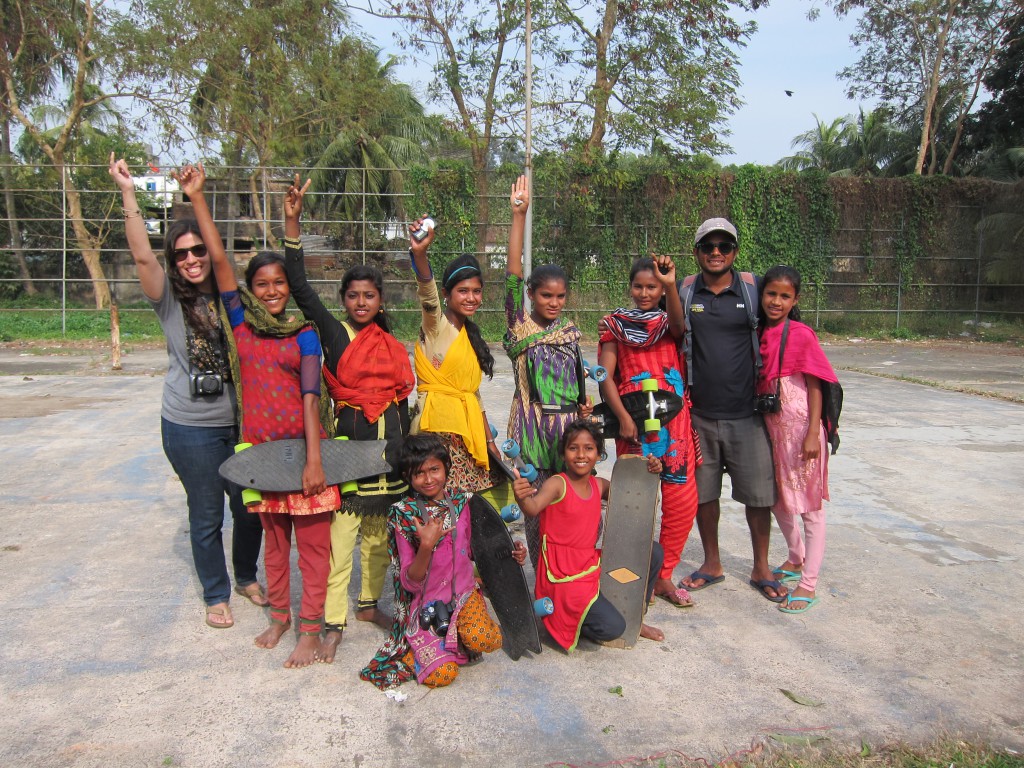
What inspired you to start Lensational? How did photography become a way for you to advocate for women’s rights?
In late 2011, when I was visiting Istanbul, snapping away with my Canon 600D, four girls came up to me and asked to take a look at my camera. I started showing them how to take pictures. They didn’t speak much English, but we connected through photography. I realized that photography is a universal language, transcending cultural borders, and this set me thinking about whether photography could transcend other types of boundaries that hold girls back from achieving their potential.
Lensational is a social enterprise that aims to empower women and girls in the developing world by equipping them with cameras and photography training. Through photography, women and girls whose voices are rarely, if ever, heard can tell their stories and define the world that they want to see. Through our program, girls and women are emotionally and economically empowered. Gaining access to cameras allows them to retain memories and express themselves freely despite illiteracy. Photography is also a proven counseling technique, helping people connect with deep feelings and memories. On the economic side: our photographers receive 50% of any revenue if their photographs or related products are purchased; and, equipped with photography skills, they can pursue local freelance opportunities.
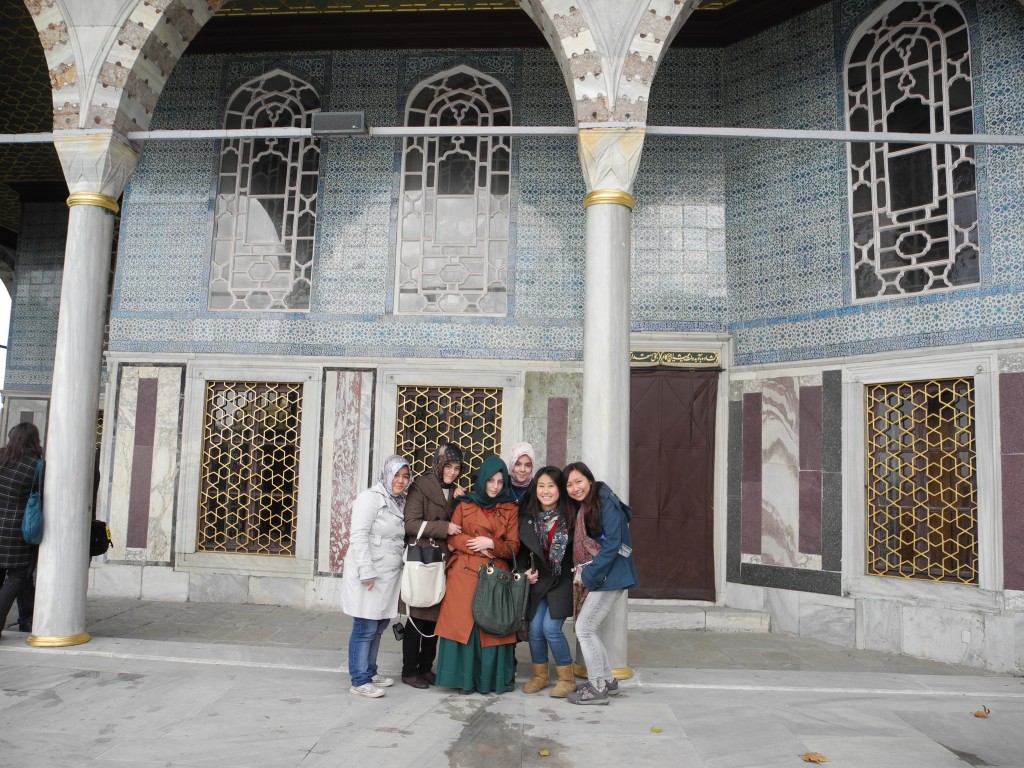
Please tell us about the impact of Lensational’s work.
We currently have 50 volunteers working across 18 countries. Founded on International Women’s Day, 2013, Lensational has conducted workshops for about 300 women and girls from Indonesia, the Philippines, Pakistan, Bangladesh, India, Thailand, Kenya, Cambodia, and Bhutan. The participants’ photos and stories were shared with over 4,000 visitors to our exhibitions in Hong Kong, London, and New York, with more than 7,000 supporters on social media channels, and with readers and audiences of global media outlets including the Guardian, ABC News, and Mashable.
What makes our intervention unique is the powerful impact we have on women’s agency. Agency is the ability to define one’s goals and act upon them. It’s about more than observable action; it also encompasses the meaning and motivation that individuals bring to their activities. In the act of choosing a frame, a context, a subject, a kind of light, we are effectively learning and communicating what is important to us. Photography involves self-perception and the construction of one’s world and, at the same time, an imagination and awareness of alternative realms.
We conduct surveys to discover how effective our programs are at making girls and women more confident. Among the many examples I’d like to share is the story of Jem Guanzon, one of our very first students, from the Philippines. Working in Hong Kong as a domestic helper, despite having done a degree in health sciences back in the Philippines, she felt unfulfilled. Away from home and able to take very few holidays, she felt alone. She loves taking pictures, especially of birds, because she yearns for that freedom to fly away.
At the end of her workshop, Jem wrote this poem.
What is photography?
It’s bringing out the other side of you.
It’s letting out of your hidden passion.
It’s living in a different world of the everyday life.
It’s a fulfillment of a dream.
In September 2014, Jem moved to Moscow, hoping to advance her career and also to see snow for the first time. She told me that it is through photography that she found the courage to fly away.
Photography can also challenge gender stereotypes. Women and girls are rarely seen driving a motor-taxi in Pakistan. But, during one of the photography workshops, this girl posed on top of a motor-taxi. Her picture sends encouraging signs to others and makes them think about empowerment.
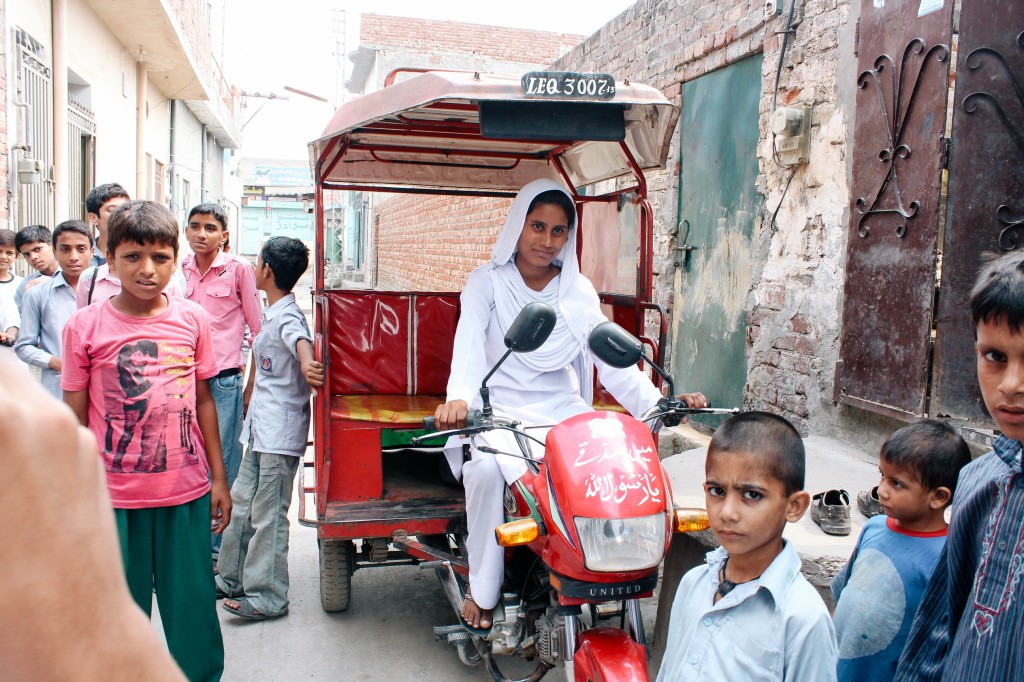
Your latest project in Thailand, Daughters Rising, sounds very powerful. Could you tell us more about it? How does art expose and combat the problem of sex trafficking in Asian countries?
Our local partner, Daughters Rising, works with stateless Burmese people who have no official identity or citizenship in Thailand. According to our partner, these children “are denied entrance into classrooms, and are unable to receive a K-12 formal education. […] Young stateless girls are aggressively targeted by traffickers to be exploited. Each year, over 200,000 women and children are trafficked in East Asia, a third of the global trade. The Thai government estimates that 20,000-30,000 children younger than 18 are in the commercial sex industry in Thailand alone.”
While rescue initiatives and recuperation programs are important in the global mission to end sex trafficking, Daughters Rising instead takes a preventative approach – empowering girls and women who are most at risk of being trafficked. On April 8, 2016, we launched an exhibition of images made by program participants at Sleep Box, a popular hotel in Chiang Mai. The girls and women felt empowered by the exhibition of their pictures and we believe that their images will also offer important insights into their lives, especially to travelers from outside Thailand, which is an important step in the campaign against sex trafficking in Asian countries.
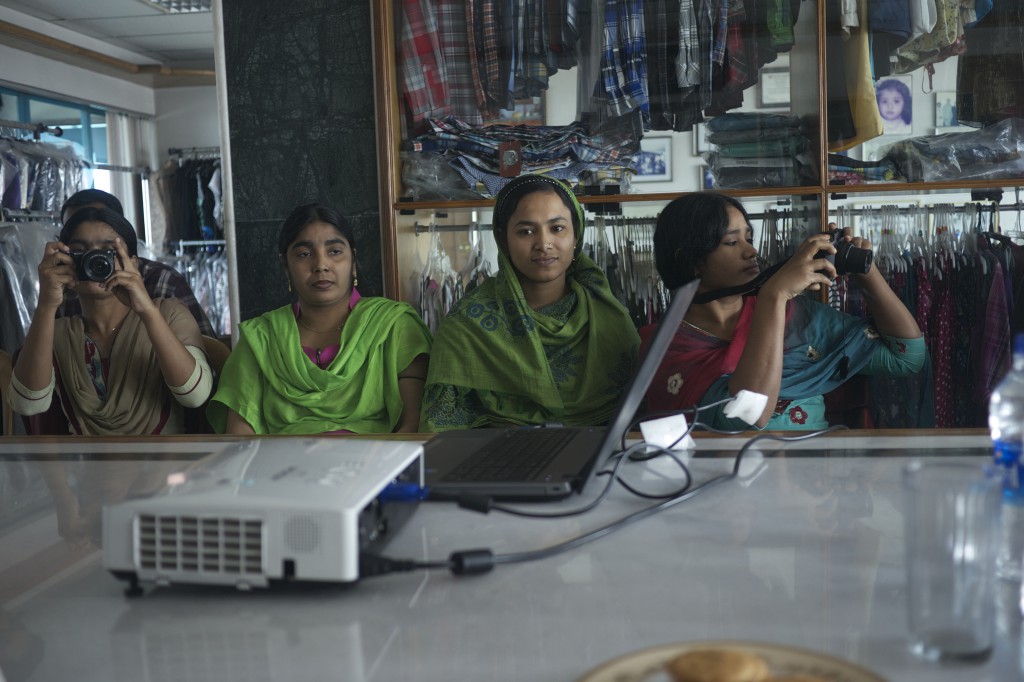
Why, in your opinion, is photography one of the most effective ways to bring art to the developing world? How can bringing photography to the developing world help local communities?
Our primary mission is not to bring art to the developing world. We rather aim to give women a voice through photography. We want women who might otherwise be voiceless to be heard and seen, and we want to make sure that these important stories are told from the women’s very own perspectives.
Photography can help drive social change by allowing women to document and reflect on the circumstances they live in, share their stories, develop creative and communicative skills, and work towards making independent choices for themselves.
After equipping women with photography training and cameras, one of our main aims is to bring their work to the attention of audiences across the globe, via exhibitions and our online photo platform. We believe this helps to empower women in a lasting and sustainable manner.
We also believe in the therapeutic power of photography: it enables people to cope with their hardships by expressing them and giving shape to their lives. Our community of photography students is continuously growing, and we see that women are inspired by the work and stories of women who share similar experiences and who have managed to step out of their daily circumstances to make pictures. And, of course, photography is fun! Posing in front of the camera, immortalizing happy moments, reliving memories by looking at pictures, in addition to all the techniques and creativity that go into taking the pictures.
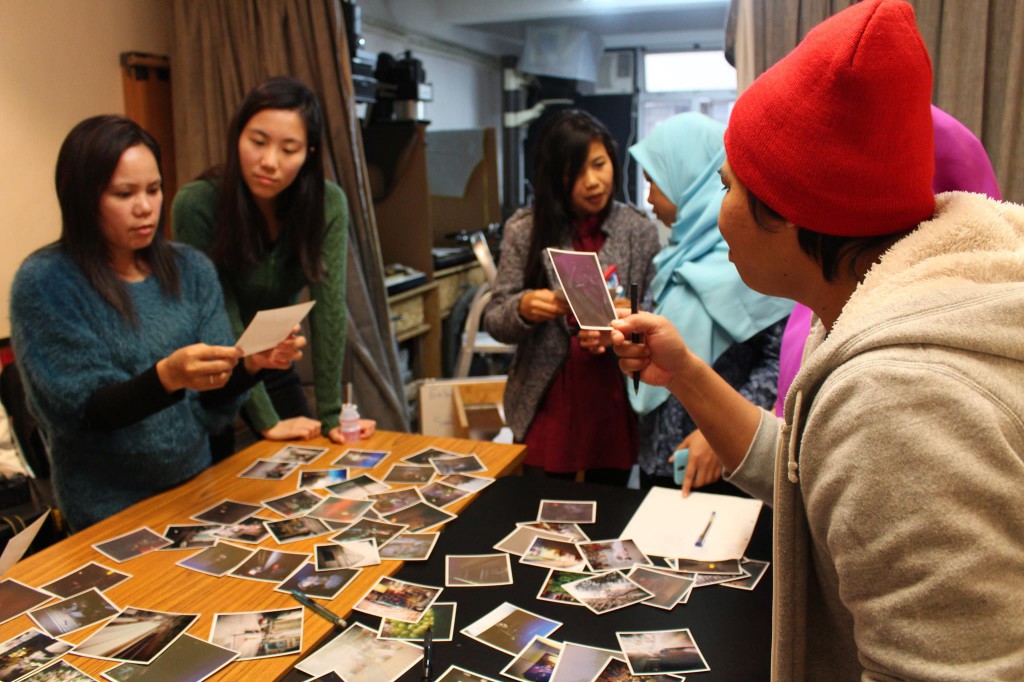
You are a fairly young organization, which has already accomplished so much. What are some of your goals for the future of Lensational and for yourself?
“Wherever the need for women’s empowerment exists, that’s where we’ll be” – this is what I said when Lensational was launched, and I don’t think that vision has changed. We’re closer to achieving that goal now, having run programs in 9 countries, but we still need to expand our geographical reach. More importantly, we hope to begin hiring full-time staff this year, to make the movement more sustainable.
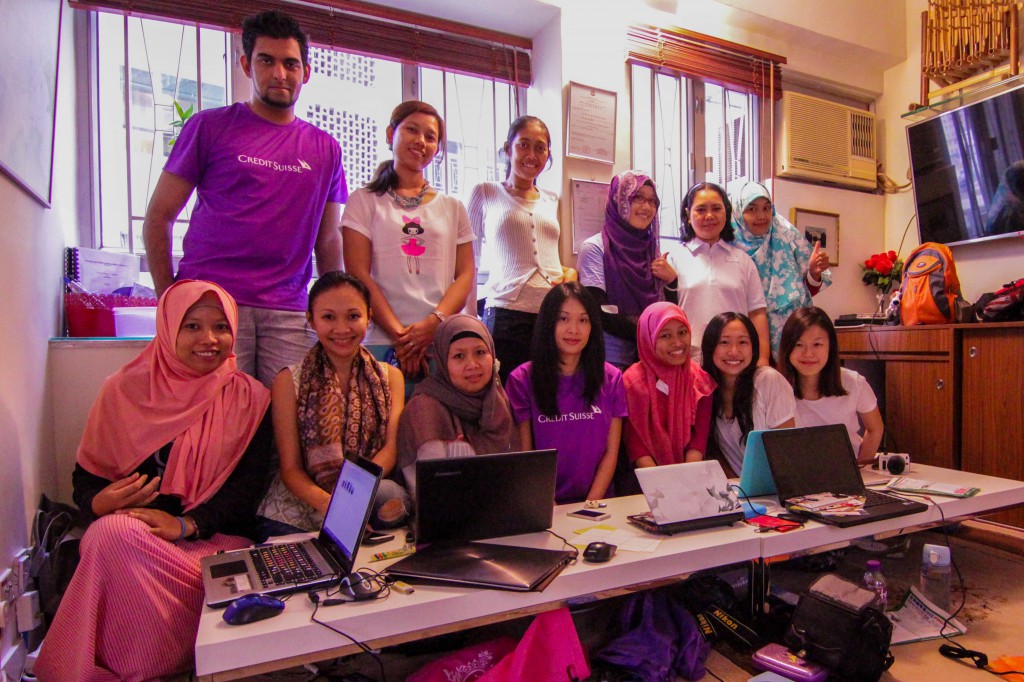
How can individuals support your work?
Individuals can support our students directly by buying their photographs: online photography platform. 50% of revenues go to the photographer. The other 50% goes to Lensational to cover costs (kept at a minimum, since we’re volunteer-run) and to further our mission.
We’re always looking for digital cameras, used or new. After the workshops, the women keep the cameras we’ve given them to use.
People can also engage as volunteers — in business development, marketing and communications, program management, human resources, administration, or operations. We need committed, creative, visionary individuals who are eager to steer a young and dynamic social enterprise to greater success.
For professional photographers who would like to support us, there’s our Ambassador program, which helps develop our programs across the globe. Since its launch last October, we’ve worked with three professional photographers who have taken our model to Cambodia and Thailand.
Of course, supporting us financially helps to keep existing programs running and to establish new ones in more locations.
And, last but not least, you can support our photographers by sharing their stories and spreading the word – you can follow us and engage in conversation online via our Medium Blog, Twitter, Facebook, and Instagram.
People interested in any kind of collaboration or support can check out our website here, and contact us at info@lensational.org.













